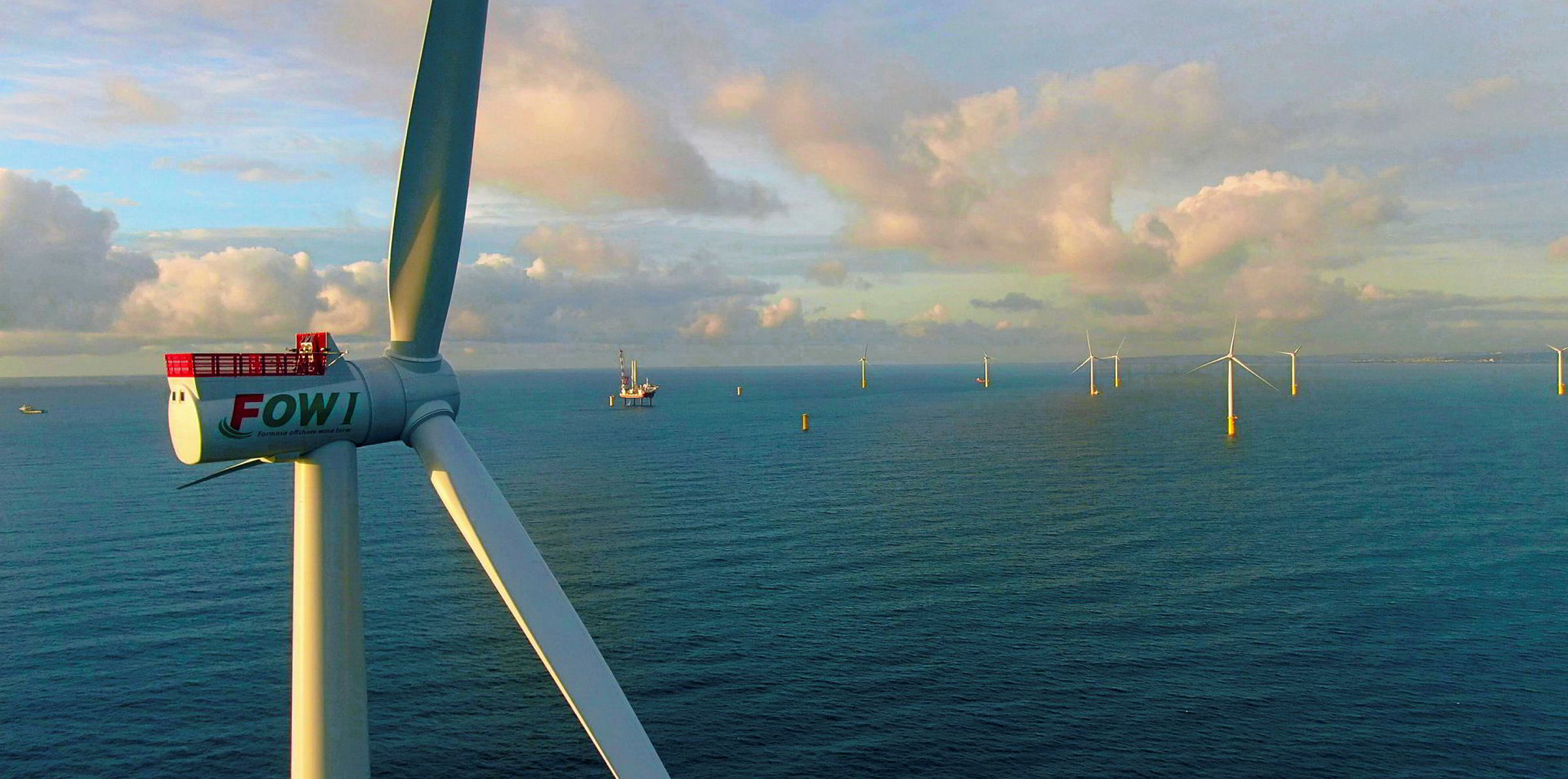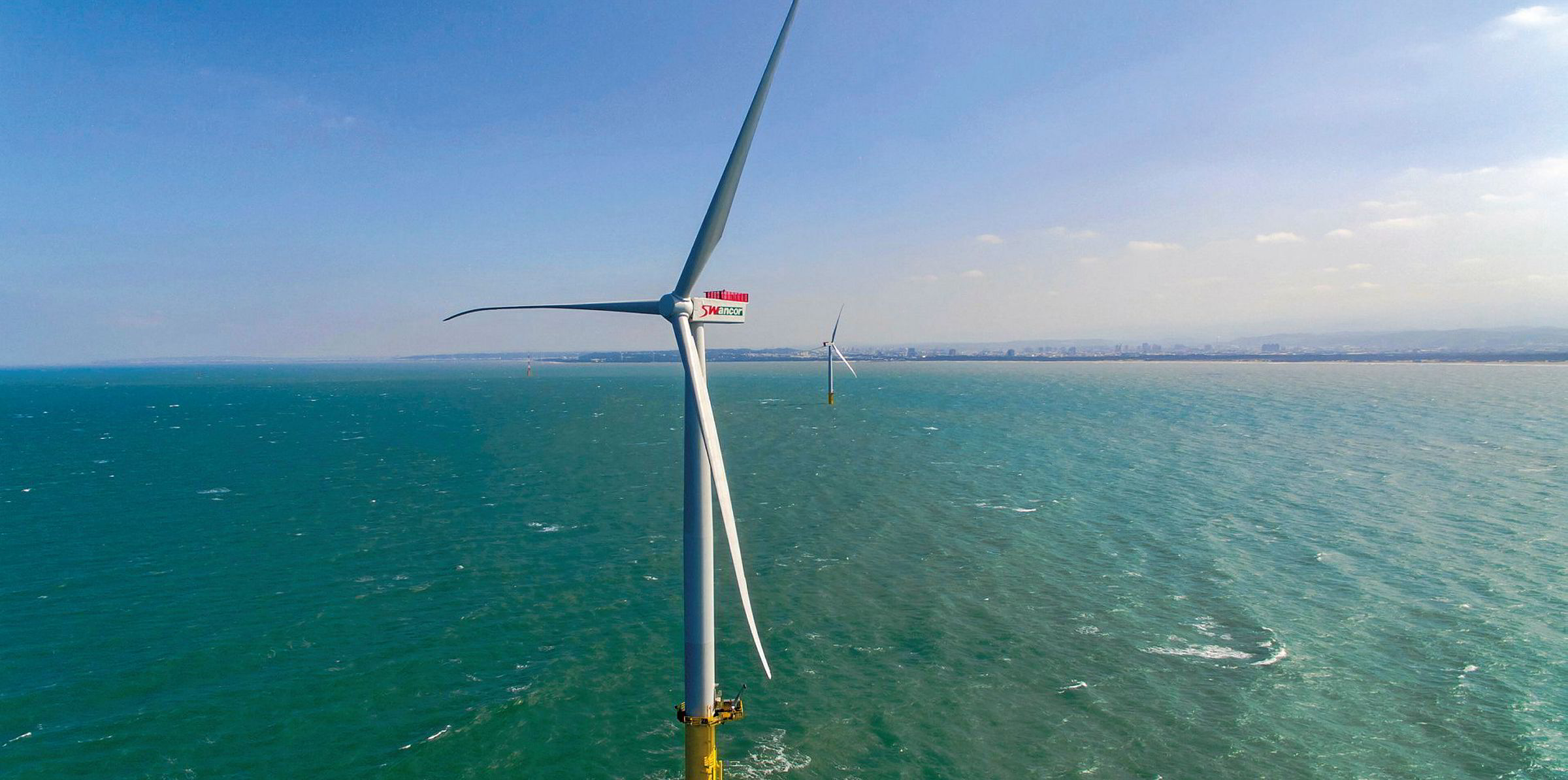Taiwan’s first commercial offshore wind farm was completed on Wednesday marking a major milestone for the sector in Asia, said the developer of the 128MW Formosa 1 project.
Installing the last of 20 Siemens Gamesa Renewable Energy (SGRE) 6MW turbines in the waters off Miaoli county marks “the first offshore wind project in Asia outside of mainland China” said Tsai Chao-yang, chairman of Swancor Holding.
The wind farm will become fully operational by year-end when it acquires its electricity generation license, Taiwan’s minister of economic affairs Shen Jong-chin has previously said.
Three years ago Swancor completed the installation of two 4MW turbines for the first phase of the two-stage Formosa 1, becoming the island’s pioneer in offshore wind energy. The Taiwanese government wants to install 5.7GW offshore wind by 2025, and is considering plans to spur another 5GW in the last 2020s.
However, the completion of Formosa 1 comes as chemicals group Swancor prepares to retreat from the sector.
In July the firm announced it would sell 95% of its subsidiary Swancor Renewable Energy (SRE) arm – co-developer and co-owner of the 128MW Formosa 1 and 376MW Formosa 2 – to New York-based Stonepeak Infrastructure Partners.
The Stonepeak transaction will complete soon, Tsai revealed, adding that the next priority of the Stonepeak-led SRE will be on Formosa 2, with critical tasks including securing bank financing and a compensation agreement with the local fishery association.
Formosa 2 is scheduled to begin construction next year and come online by 2021. Japanese energy group JERA on Wednesday said it would become the biggest single shareholder in the project after buying a 49% share from Macquarie.
The retreat of Swancor has created a stir in the Taiwanese industry, where other local players have also announced plans to exit offshore wind.
“China Steel is looking to lower its 34% share in Zhongneng wind farm to just 5%, while another demonstrator project, Fuhai, also looks set to sell,” Taiwanese legislator Lin Tai-Hua disclosed this month during an economic affairs meeting in the Legislator Yuan, Taiwan’s congress.
“That means all the local developers have left or are planning to leave, with Taipower the only exception,” the lawmaker said, claiming the trend leaves it open to question whether Taipei could succeed in its offshore wind local industrialisation plans, given the lack of commitment by local developers.
“To sell Swancor New Energy was neither my initial goal nor my plan,” Tsai of Swancor said today in a Facebook post, stating the choice is purely owing to “the [market] situation.”


